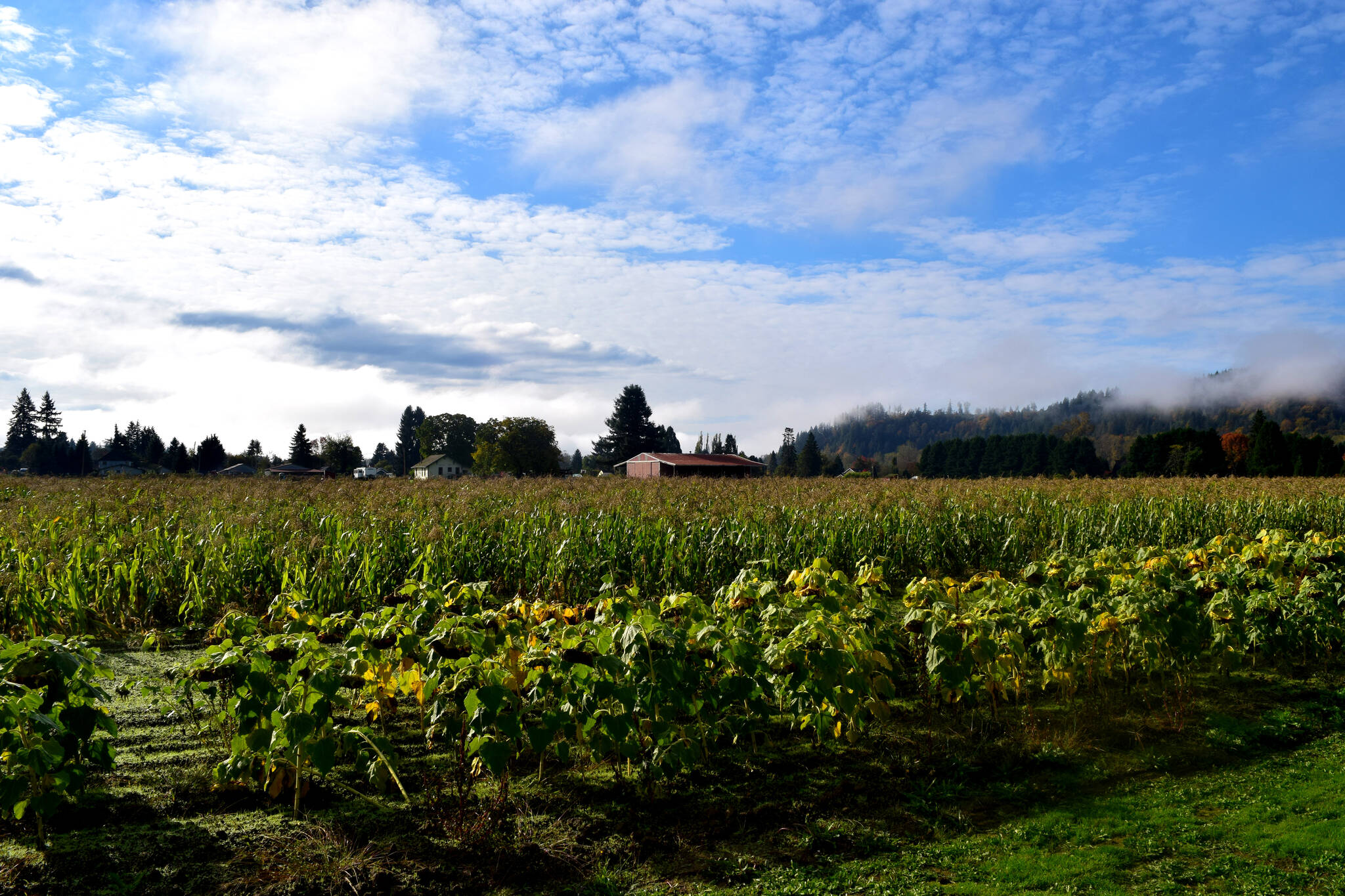Roughly 60 acres of farmland north of Carnation will not be incorporated into city limits – at least for now – as the city and property owner were unable to reach an agreement on the proposed annexation and development.
Representative for Nancy Harvold, owner of the Harvold Trust Property, asked the city to withdraw their petition to annex her property in an Oct. 16 letter. The notice came a day before the city council was likely to decline the group’s proposal.
“Ms. Harvold’s goal was, and continues to be, to work in tandem with the city to create a special development for the city and its residents,” David Johnston, a lawyer for Harvold, wrote in a letter to the city.
“It is apparent you do not support annexation of the Harvold Trust Property,” he added.
While a setback for the Harvold Group, the failed petition does not completely close the door on an eventual annexation of the property. The group plans to resubmit another petition at an unspecified future date. City officials said they welcome another proposal.
Ron Branch, a broker with the Kirkland-based Branch Marketing Group who is working on behalf of Harvold, told the Valley Record they will continue working with city staff. Withdrawing the petition, he said, was “more of a formality than anything else.”
“We’re going to continue to pursue annexation and work with the city staff on a plan that benefits the city and residents of Carnation,” he said. “We’re working in good faith to meet their requests.”
Nancy Harvold, owner of the property and longtime resident, brought a petition to the city last year, requesting they annex her three large parcels north of town into city limits. The property is best known as the home of the Harvold Berry Farm, a u-pick farm opened by Harvold and husband, Herman, in 1955.
The Harvold Property represents some of the largest remaining developable land available to the city for annexation under current planning regulations. Areas available for annexation are limited by the Growth Management Act, a state law aimed at preventing urban sprawl.
Representatives for Harvold met with city officials over the last year, but the parties were unable to reach an agreement on an annexation and subsequent development plan. City officials said they were unable to find a development concept that met their desire to “protect city character,” according to council documents.
Part of the concern, city officials said, was the number of house units the Harvold group had proposed building. During an April 18 city council meeting, Harvold representatives gave an presentation of a possible development plan, including a new zoning map. When asked by councilmembers, the group said the up-zoned parcels could accommodate somewhere between 500 to 650 housing units.
Referencing the April meeting, city spokesperson Ashlyn Farnworth said in an interview the city council did not support the construction of that many homes, and preferred the space be used for commercial development. The city is already heavily residential, she said.
The city currently has over 220 housing units in its development pipeline, a majority of which are coming from the MainVue housing development near Tolt Middle School.
“The council has made it clear they are looking for economic development [and] diversification of their revenue streams,” Farnworth said. “Right now we’re very residential.”
City council members said they were surprised by the Harvold presentation and never considered building over 600 homes, noting it would be a burden on the city and a strain on existing infrastructure.
“There’s no way we would consider something like that,” Councilmember Ryan Burrell said of the proposal during an interview last week.
At a meeting this month, Burrell said claims that the council supported building over 600 homes had become a “campaign” rumor. The King County General Election is less than two weeks away and four of the five city council seats – including Burrell’s – are on the ballot.
“It’s just very frustrating that’s what was put out there,” he said
Branch, the Harvold representative, said he disagreed with the city’s argument that building housing on the Harvold property would put a strain on infrastructure. The notion that services for the property are inadequate is “simply not accurate,” he said.
“Ultimately the development group that builds Harvold will be responsible for the development [and] cost of infrastructure,” he said. “Bigger items like sewer have already been sized to service development at Harvold, as it was planned for annexation long ago.”
Carnation has been asked by the county, as part of a state growth planning process, to accommodate the construction of 799 new housing units by 2044.
City officials say that number, which would likely double the city’s population, is unfeasible and only plan to build 361 new units by 2044 unless King County provides them additional support.
Branch argues that King County is not responsible for infrasture “as it relates to development of the Harvold Family Farm.”


